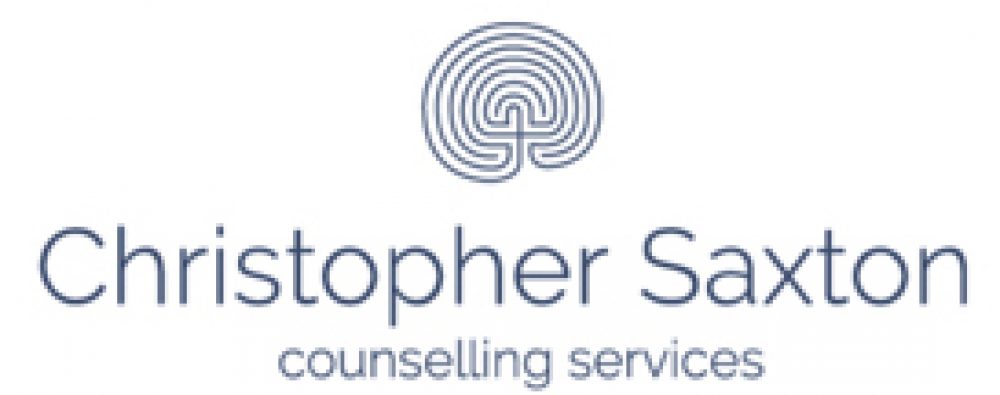Addictions Counselling
Addictions Counselling in Toronto
Addictions always originate in unhappiness, even if hidden. They are emotional anesthetics; they numb pain. The first question — always — is not “Why the addiction?” but “Why the pain?”
Dr. Gabor Maté
If you are looking for help for yourself, or a loved one, dealing with substance abuse or addiction in Toronto, or if you are in recovery, have a partner or family member in recovery, and are having issues that are overwhelming, I can help. Kicking any addiction is a major accomplishment, and will be one of the most difficult, yet rewarding, journeys you can undertake. It is not a journey that you can do alone.
Addiction is a family disease. An addiction destroys families as much as it destroys individuals. Living with an addict is both heartbreaking and exhausting. Family members are torn between how to help the addict and how to avoid being sucked into the addict’s world.
I offer the following options that can help:
- Individual Counselling
- Couples Counselling
- Family Counselling
What is the difference between abuse of a substance and addiction?
In broad terms, abuse is the use of a potentially harmful substance with no therapeutic value that affects the brain – addiction is the continued use of that substance in spite of the consequences. Ask yourself:
- Do you or your loved one find drugs, alcohol, or activities more compelling than connecting with others?
- When you don’t use your substance, are there cravings, bouts of moodiness, bad temper, poor focus, a feeling of being depressed and empty, frustration, anger, bitterness and resentment.
- Do you or a loved one always make sure they have a good supply of their substance (drugs or alcohol), even if they do not have much money, or food on the table, or bills that are due.
- In life, do you slip away and abdicate responsibility, finding yourself unable to move, almost paralyzed?
- Do you or a loved one need substances to even be able to think about connecting with others?
- Do you or you loved one have pockets of self-loathing, despair, shame or rage that ambush suddenly, as if someone just stepped on a land mine?
If you even have to think about the answer to any of the above questions then there is reason for concern.
Historically (and sadly, still today) addicts and alcoholics were thought to be morally deficient persons lacking “self control” who could be saved if they would merely acknowledge and change their destructive ways. The reality is that no matter what they acknowledge, addicts and alcoholics can’t “just stop.” Addicts and alcoholics know the consequences of their addictions: lost jobs, destroyed relationships, squandered money, betrayed relatives and loved ones but they can’t manage their behaviors alone.
I offer counselling services for individuals, couples, and families at all stages of the recovery process. Through counselling, I help my clients, and their partners or family learn how to cope with the challenges of addiction, and provide them with the support they need as they progress through recovery.
I also offer 12 Step Facilitation assisting clients with education and advocacy, guidance and advice, and empathy and motivation in 12 Step Programmes. Each of these broad goals is broken down further into a series of specific guidelines or objectives. For example, guidance and support include monitoring client involvement in Alcoholics Anonymous/Narcotics Anonymous /Cocaine Anonymous/ Al-anon, encouraging clients to volunteer for basic service work, identifying appropriate social events the client might participate in, locating appropriate meetings, and clarifying the role of a sponsor.
Current understanding of alcoholism and addictions see it is not a problem of self-control or a moral failing but rather as a biological disorder often stemming from a genetic predisposition. Along with that predisposition, addicts have early experiences that affect their ability to self-regulate their emotions, self-care, self-esteem, and relationships.
Addiction theory holds one basic and simple premise about treatment: until alcoholics and addicts develop the capacity to establish mutually satisfying relationships, they remain vulnerable to relapse. As AA and other 12 Step Programmes show, gathering together like people together to share their stories imbues a kind of emotional strength, a safe harbour for the addict. The same happens in counselling with a caring and empathic counselor. Our brains link with those people close to us and these wordless and powerful ties help determine or moods, stabilize and maintain our health and well-being and change the very structures of our brains.
Clients will often leave therapy sessions feeling calmer, stronger, safer, more able to handle the world. Often they don’t know why. Nothing obviously helpful happened – telling a therapist about your pain and challenges sounds nothing like a certain recipe for relief. And the feeling inevitably dwindles, sometimes within minutes, taking the warmth and security with it. But the longer a client is in therapy, the more his or her stability swells, expanding infinitesimally with every session until the day comes when the client will unfurl their independence like a pair of wings and move on with their lives embracing the freedom of a life not run by their addiction.
For information call me, Chris Saxton, at my confidential voicemail 416 577-8215 or email me ckwsaxton@gmail.com and together we can determine how I can best help you with your substance use and behaviours, or those of a loved one.
